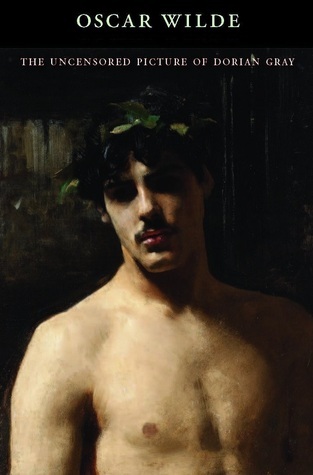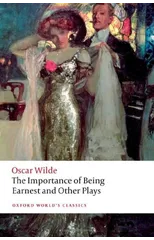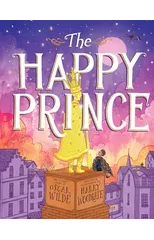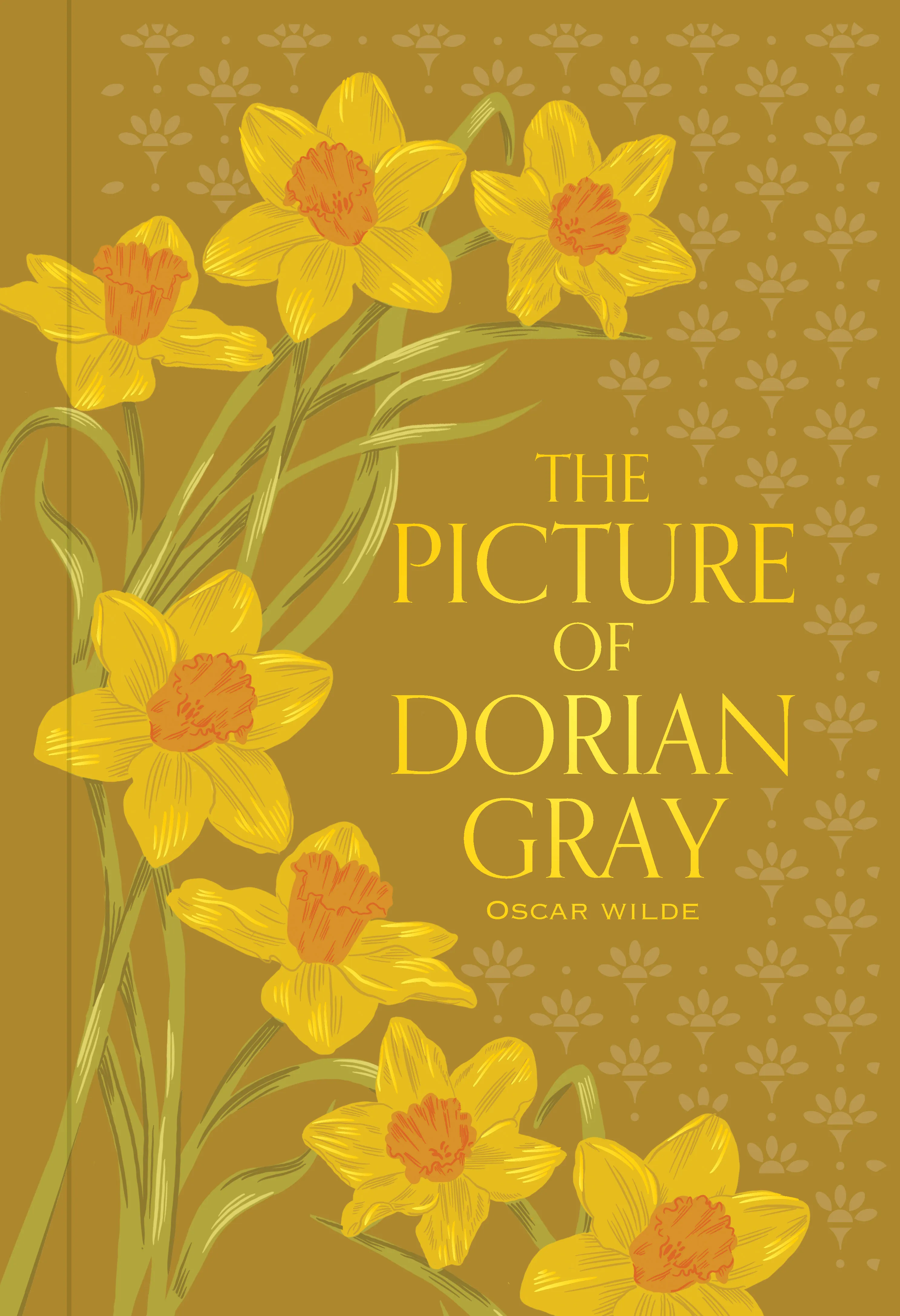The Uncensored Picture of Dorian Gray
(Author) Oscar WildeMore than 120 years after Oscar Wilde submitted The Picture of Dorian Gray for publication in Lippincott’s Monthly Magazine, the uncensored version of his novel appears here for the first time in a paperback edition. This volume restores all of the material removed by the novel’s first editor. Upon receipt of the typescript, Wilde’s editor panicked at what he saw. Contained within its pages was material he feared readers would find “offensive”—especially instances of graphic homosexual content. He proceeded to go through the typescript with his pencil, cleaning it up until he made it “acceptable to the most fastidious taste.” Wilde did not see these changes until his novel appeared in print. Wilde’s editor’s concern was well placed. Even in its redacted form, the novel caused public outcry. The British press condemned it as “vulgar,” “unclean,” “poisonous,” “discreditable,” and “a sham.” When Wilde later enlarged the novel for publication in book form, he responded to his critics by further toning down its “immoral” elements. Wilde famously said that The Picture of Dorian Gray “contains much of me”: Basil Hallward is “what I think I am,” Lord Henry “what the world thinks me,” and “Dorian what I would like to be—in other ages, perhaps.” Wilde’s comment suggests a backward glance to a Greek or Dorian Age, but also a forward-looking view to a more permissive time than his own repressive Victorian era. By implication, Wilde would have preferred we read today the uncensored version of his novel.
Oscar Wilde
Oscar Wilde was an Irish playwright, novelist, and essayist known for his wit, flamboyant style, and sharp social commentary. His most famous works include the play "The Importance of Being Earnest" and the novel "The Picture of Dorian Gray," both of which explore themes of identity, morality, and societal expectations. Wilde's writing is characterized by clever wordplay, satirical humor, and a keen observation of human nature. He was a key figure in the aesthetic and decadent movements of the late 19th century and is considered one of the most important voices in British literature. Wilde's impact on literature can be seen in his subversion of conventional Victorian norms and his pioneering use of irony and paradox.








